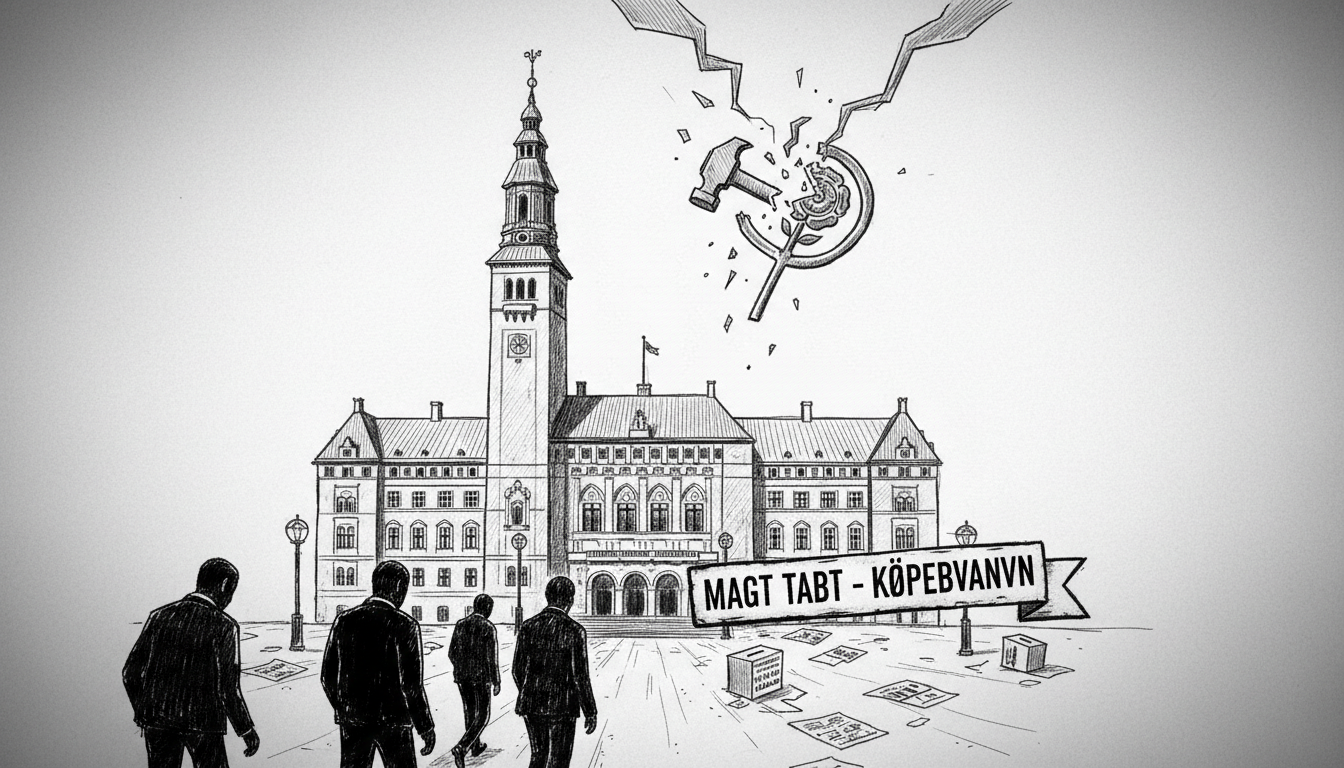Copenhagen's political landscape has shifted dramatically following recent municipal elections. The Social Democrats face a substantial reduction in their political influence after decades of dominance in the capital city.
Pernille Rosenkrantz-Theil, who would have become Copenhagen's employment, integration, and business mayor, now faces four years with minimal political power. Other parties will divide the influential positions that traditionally went to Social Democrats.
What does this mean for Copenhagen's future governance? The Social Democrats will have far less say in city hall matters than the party has enjoyed historically. They will also lose numerous lucrative board positions that provide additional income for politicians.
Just hours before polling stations closed, Rosenkrantz-Theil attempted to negotiate with center-right parties. These last-minute efforts failed to prevent the Social Democrats' dramatic decline.
This political shift represents a significant change in Copenhagen's governance structure. The Social Democrats have long maintained strong control over the capital's political appointments and budgetary decisions.
Copenhagen municipal politics typically involves complex coalition-building among multiple parties. The Social Democrats' reduced position means they must now negotiate from weakness rather than strength.
International observers should understand that Danish municipal governments control important local services. These include schools, elderly care, local infrastructure, and cultural institutions. The party controlling these positions significantly influences daily life in the capital.
The loss of board positions carries financial consequences for Social Democrat politicians. These appointed roles provide supplementary income beyond their base political salaries.
This election outcome reflects broader trends in Danish politics. Urban voters increasingly favor alternative parties over traditional social democratic platforms. Similar patterns have emerged in other Nordic capitals in recent years.
Copenhagen's changing political landscape may affect international businesses and residents. New governing coalitions could implement different policies on integration, business development, and employment services.
The Social Democrats now face the challenge of rebuilding their urban appeal. Their traditional working-class base has fragmented across multiple left-leaning parties. This requires new strategies to regain relevance in Denmark's largest city.
Political analysts note that municipal elections often predict national trends. The Social Democrats' poor performance in Copenhagen could signal challenges in future national elections.
For now, Copenhagen awaits the formation of new governing coalitions. The distribution of political power will shape the city's direction for the next four years. All parties must negotiate their positions in this transformed political environment.

